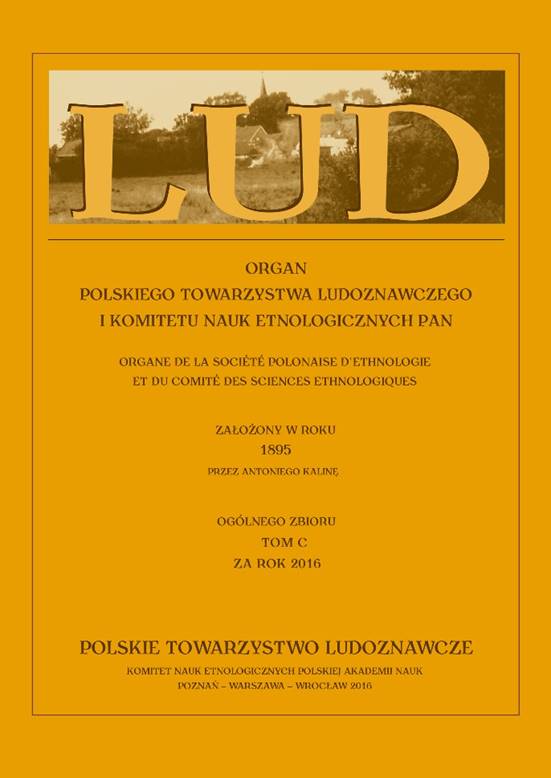LOKALNE INTERPRETACJE PIELGRZYMEK CHASYDZKICH DO POLSKI I NA UKRAINĘ (LELÓW, LEŻAJSK, HUMAŃ)
LOCAL INTERPRETATIONS OF HASIDIC PILGRIMAGES TO POLAND AND UKRAINE
Author(s): Magdalena ZatorskaSubject(s): Jewish studies, Museology & Heritage Studies, Recent History (1900 till today), Theology and Religion, Cultural Anthropology / Ethnology, Inter-Ethnic Relations
Published by: Polskie Towarzystwo Ludoznawcze
Keywords: heritage; Polish-Jewish relations; Ukrainian-Jewish relations; Jews; Hasidim;
Summary/Abstract: Hasidic pilgrimages from Israel, the United States, and other countries of the world to the graves of tzaddikim in Poland and Ukraine have been growing since the 1980s and 1990s. The rapid development of pilgrimages after the fall of the former Eastern bloc not only changed the landscape of the researched areas, but also influenced memory and identity as well as the economic and political strategies of their inhabitants. In the article, based on ethnographic fieldwork in Lelov and Lizhensk in Poland, and in Uman, in Ukraine, I describe three initiatives, which have resulted from the boost in the pilgrimages, and which shape various local reactions. These are: the festival “Ciulim-Cholent Day” in Lelov; the activity of a local blogger from Lizhensk, who popularises the knowledge on Hasidism and Jewish pre-war inhabitants of the town; and protests against Hasidim organised by the Council of Civic Organizations in Uman. Two interpretations of the pilgrims’ “rights” to the visited sites emerge from the analysed material. One of them is organised around the concept of “return”, which embodies the myth of the shtetl. According to this perspective Hasidic pilgrims are seen as Jews visiting the graves of their ancestors and restoring the world which was destroyed with the Holocaust. The second perspective is based on the idea of foreign “invasion”, which calls for local resistance.
Journal: LUD
- Issue Year: 100/2016
- Issue No: 1
- Page Range: 233-256
- Page Count: 24
- Language: Polish

